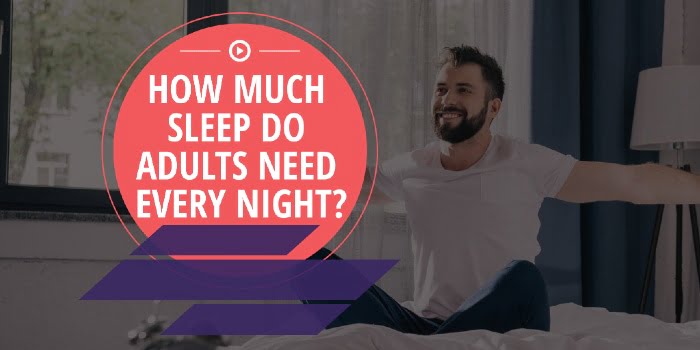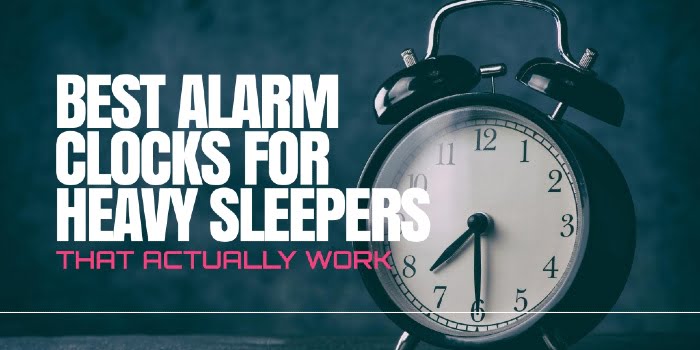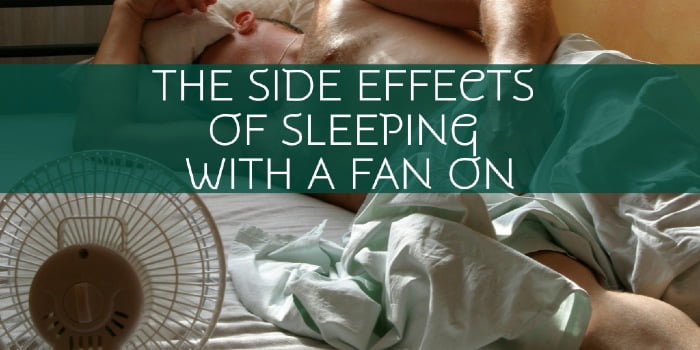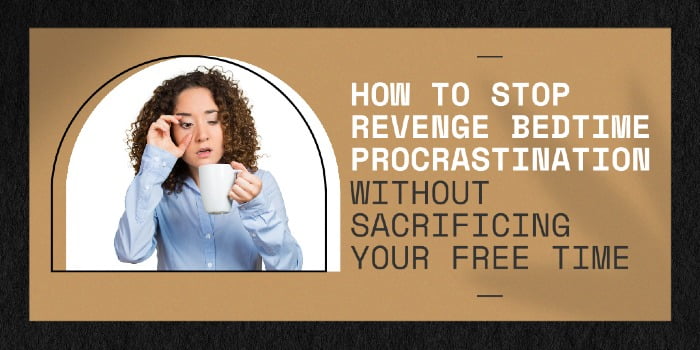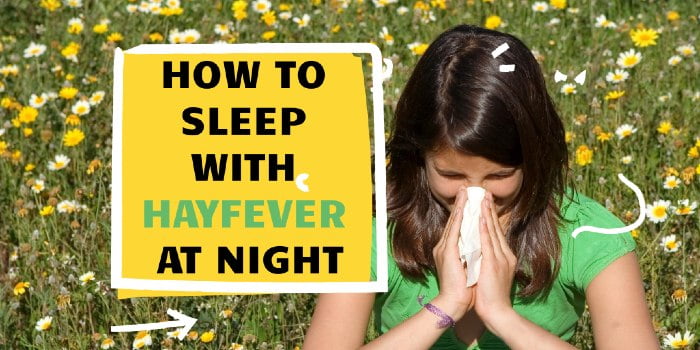Sleep is where we rest, heal, and recover our bodies for the next day. It’s one of the most important things that we do to keep us going, but it’s also one of the most confusing aspects to navigate around.
If you’ve ever laid in bed wide awake or had a full night’s sleep and still feel tired the next day, you’ll have questioned how much sleep do adults actually need.
The short, unfortunate answer is that everyone is different. So, the 8-hour advice you may have heard before isn’t a set rule, it’s a guideline. For some people, 8 hours just doesn’t work for them.
In fact, Jerome Siegel, a sleep student at the University of California, has documented that tribal cultures with no access to electricity rarely sleep more than 6 or 7 hours a night. If you’re reading this, you aren’t going to be part of that tribe though.
So, let’s dive into how much sleep you actually need as an adult.
How much sleep do adults need?
How much sleep adults need depend on a number of factors, including age, gender, location, lifestyle, diet and more.
For a general overview, the National Sleep Foundation guidelines advise the following hours of sleep for each age group.
| Age group | Recommended hours of sleep |
| Newborns | 17-17 hours a day |
| 12 months | 14 hours a day, split approximately into 10 hours at night and 4 hours of naps in the day. |
| 2 years | 12-14 hours, split into approximately 11-12 hours ar night and a 1-2 hour nap. |
| 3-5 years | 10-13 hours a day |
| 6-13 years | 9-11 hours a day |
| 14-17 years | 7-9 hours a day |
| Young adults ages 18-25 | 7-9 hours a day |
| Adults aged 26-64 | 7-9 hours a day |
| Older adults, aged 65+ years old. | 7-8 hours a day |
Generally, the younger you are, the more sleep you need as your bodies are still developing, learning and growing. As you get older, the amount of sleep you need decreases.
But as mentioned before, age isn’t the only factor that determines how much sleep you need. The following factors can also have a big impact.
Gender
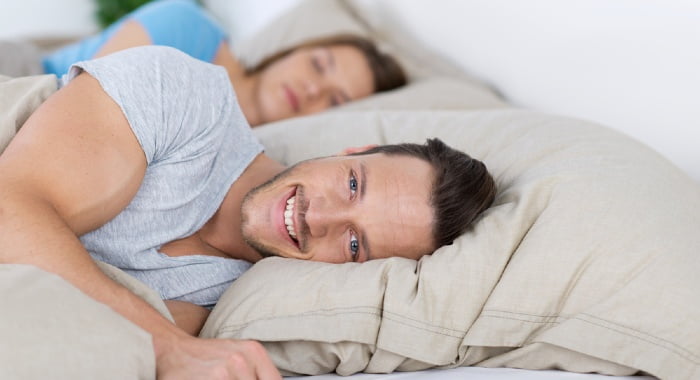
On average, women need 20 more minutes of sleep at night than men. There are many theories around this, including one that states because women are much more likely to multitask and use more lateral thinking throughout the day, they need more time to recover at night.
Pregnancy
Pregnancy causes many changes in the body and therefore needs more sleep time to recover, particularly during the first trimester.
Lifestyle
Those that live a busy and active lifestyle will need more sleep to recover than those that don’t. This is particularly true of those that participate in a lot of sports or physical exercise as sleep helps muscles recover and heal from injuries.
Genetics
There are people that carry a rare gene that allows them to function on much less sleep than normal, meaning that they only need an average of 6 hours a night.
In addition, temporary changes like recent sleep deprivation can play a big role in how much sleep you need. If you’ve struggled to sleep lately, you’ll need to sleep more to help your body catch up and recover on all your lost nights.
Not all sleep is equal
It’s important to mention that the recommended hours of sleep refer to undisturbed hours. If you wake up frequently in the middle of the night, you’ll have poor sleep quality and will need more sleep to catch up.
This is because your body goes through several stages during the night, called the sleep cycle. The sleep cycle has 5 distinct stages, broken down into REM (Rapid Eye Movement) sleep and non-REM sleep.
REM sleep is where most of the brain activity happens and is named that way because, underneath your eyelids, your eyes rapidly dart from side to side while you’re asleep. Non-REM sleep is where deep sleep happens and your body gets a chance to rest and recover.
Going through the complete sleep cycle takes up no more than 90 minutes. It’s something that you’ll go through an average of 4-6 times every night until you wake up. However, if you don’t complete these cycles, you’ll feel tired and groggy.
How to work out how much sleep you need
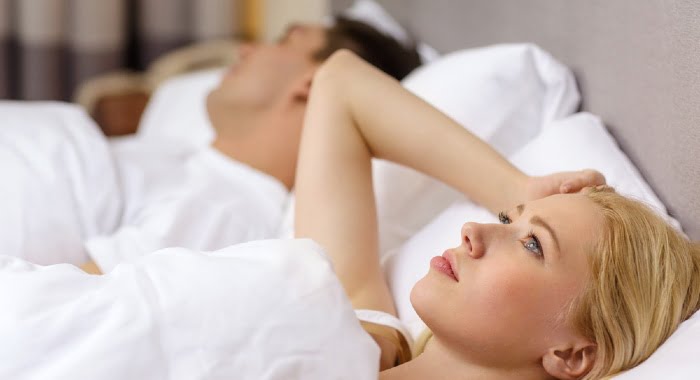
To find out how much sleep you need as an adult, you should start with the recommended 7-9 hours for your age group. Then, factor in any other circumstances that might alter your sleep, such as gender, pregnancy, and your lifestyle.
Then it’s about self-assessing how you sleep currently, your average amount of sleep and if that’s right for you. These are some questions you can ask yourself to help:
- Are you happy and productive when you wake up? Or do you take a long time to ‘come round’?
- Do you have any health conditions that make you tired easily?
- Do you move around a lot during the day? Do you do any high-energy tasks or sports?
- Do you do tasks that need high alertness in the day, such as operating heavy machinery or driving?
- Do you depend on caffeine to get you through the day?
- Do you have to wake up at unusual hours or work through the night?
Just make sure that you keep a really good eye on your body and needs to get the amount of sleep you need right.
Even if people seem to cope well with less sleep, that might not always be the case. Studies have found that if people sleep little over several nights, their performance on complex mental tasks is much less than people who have had a full night’s sleep.
Even if you feel okay, you might not be performing at your best without your recommended hours of sleep. What’s more, if you don’t get enough sleep, you’ll also make yourself much more susceptible to a variety of health issues, which we’ll cover later on in this guide.
Why do you need sleep?
Sleep is incredibly important for keeping you happy, fit and healthy.
Sleep is the time where your body rebuilds and relaxes all the muscles that you’ve used during the day. It removes and cleans away any harmful plaques and waste in the brain and gives your body the much-needed chance to rest.
In addition, sleep is where you process thoughts, feelings and memories from the day. It’s one of the reasons that we’re believed to sleep at night. Without it, you wouldn’t be able to remember your day and will be prone to making rash, irrational decisions.
Basically, without sleep, we wouldn’t be able to function.
Signs you’re not getting enough sleep
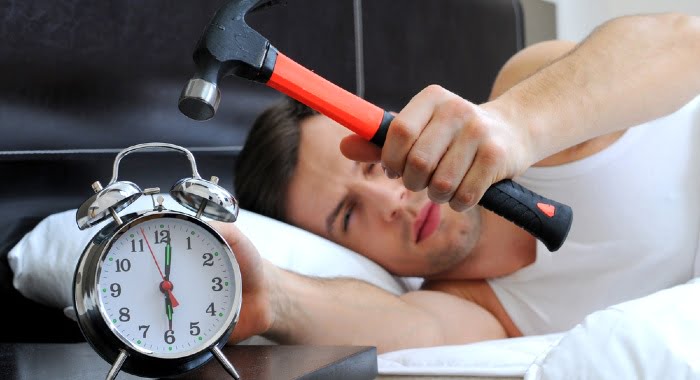
If you’re not getting enough sleep at night, you will be sleep-deprived. But, you don’t need to wait until you’re a walking zombie to know if you’re skimping out on your sleep.
If you have any of the following symptoms, this may be the sign that you’re not getting enough sleep as you need.
- Needing an alarm clock in the morning to wake up on time;
- Relying on the snooze button on an alarm, or constantly falling back asleep;
- Having a hard time getting out of bed in the morning;
- Relying on caffeine to get through the day;
- Feeling sluggish or groggy through the day;
- Feeling drowsy after heavy meals or while driving;
- Napping during the day;
- Falling asleep when watching TV or relaxing;
- Wanting to sleep in at the weekends;
- Feeling drowsy in warm rooms;
- Struggling to concentrate during the day.
If any of those sound like you, then you might want to consider upping the amount of hours you get per night.
What happens if I’m not getting enough sleep?
Not getting enough sleep can be seriously bad for your health. One report showed that adults that sleep less than 7 hours each night are much more likely to have health problems, including heart attack, asthma, and depression.
The effects of a lack of sleep include:
- Fatigue, lethargy, and lack of motivation;
- Moodiness and irritability, or rapid mood swings;
- A greater risk of depression, anxiety, or other mental health disorders;
- A decreased sex drive;
- Lack of concentration;
- Trouble remembering things;
- Reduced creativity and problem-solving skills; difficulty making decisions;
- Inability to cope with stress;
- Premature skin aging, including dark circles and more wrinkles;
- A weakened immune system, including frequent colds and infections;
- Weight gain and increased risk of diabetes;
- Increased risk of serious health problems including stroke, diabetes, high blood pressure, heart disease, Alzheimer’s disease, and certain cancers.
The less you sleep, the more severe these symptoms are.
How to know if you have a sleep disorder

Struggle to get your recommended hours of sleep at night? You might have a sleep disorder that’s interrupting your sleep.
But first, you need to rule out other factors that could be causing you to lose sleep.
There are many things that can interfer with sleep, including stress and recent lifestyle changes. For instance, if you’ve had a baby, moved home, lost a job or broken up with your partner, you may struggle to sleep with so much going on in your mind.
Mental health conditions, such as anxiety can also have an impact on your sleep. In fact, the Anxiety and Depression Association of America (AADA) reported that 50% of adults have had their sleep affected by anxiety.
Most sleep disorders can be managed with lifestyle changes. So, try some of the following tips below to see if they improve your sleep. If they still aren’t working, you’ll need to contact your GP to discover any underlining sleep disorders that can be keeping you up at night.
Tips to help increase your sleep
Ready to increase the amount of sleep that you get and be more ready to tackle the day? Try these tips…
- Avoid caffeine. Caffeine blocks a hormone called adenosine, which makes you feel tired. This means your body won’t make the melatonin that you need to fall asleep at night.
- Keep your room cool and clean. Lower temperatures make it easier to fall asleep, while cleaner rooms help reduce the number of distractions that could keep your mind active at night.
- Check that you’re sleeping on the right type of mattress. If you wake up with aches and pains or aren’t comfortable when falling asleep, you could be sleeping on the wrong mattress.
- Avoid gadgets. Electrical devices such as phones or TVs emit a type of light that disturbs your circadian rhythm and stops your body from producing hormones that help you sleep.
- Give relaxation exercises a try. These are built to help clear your mind and slow down your breathing ready for sleep. We’ve got a whole host of techniques and exercises you can try here.
Want more tips and advice?
Find out everything you need to know for a soundless night with our sleep tips.
